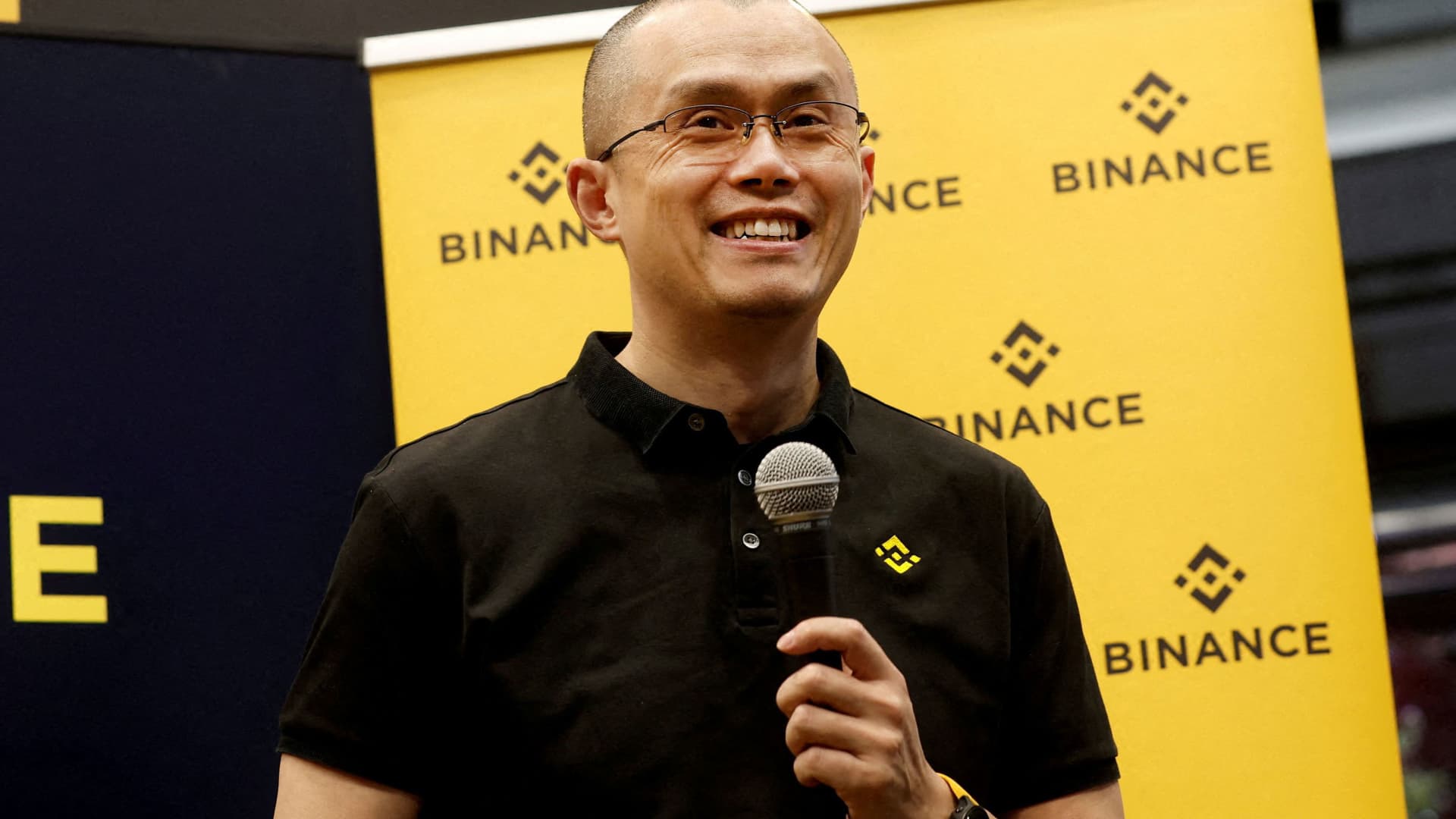With the entry and already visible growth of cryptocurrencies, traditional market practices are looking for an urgent overhaul around the world. Earlier this week, Madhabi Puri Buch, chairman of the Securities and Exchange Board of India (SEBI), highlighted some important changes for traditional markets to be implemented on priority to retain their investor base. Buch said that if these changes are not implemented soon, investors may migrate to other options such as cryptocurrencies. Buch’s statement comes at a time when the crypto sector is undergoing an upswing with BTC trading at $71,733 (approx. Rs. 59.3 lakh) and the crypto market valuation touching $2.71 trillion (approx. Rs. 2,24,25,141 crores).
Speaking on the sidelines of an AMFI event on Monday, Buch said the introduction of features like instant settlements and tokenization is long overdue in the traditional markets arena.
“If our well-regulated market can’t compete with the crypto world and we can’t say we also offer you tokenization and instant settlement in the medium term, I won’t even say long term, you have to expect investors to move,” Butch said at the event.
In order to keep investors in the arena of traditional markets, SEBI is gearing up to offer, as an additional service, a same-day settlement cycle from March 28.
“Why should anyone believe that tomorrow if a tokenized alternative is available for instant settlement and they say the regulated market doesn’t offer it … you should expect people to move,” Buch added.
This is among those rare moments when SEBI, in its own subtle way, acknowledges the boom in the crypto sector and the competition that regulated crypto markets are facing.
Since the creation of Bitcoin in 2009, over 2.2 million cryptocurrencies have entered circulation. According to CoinMarketCapover 700 crypto exchanges offer crypto services to millions of entities.
At this point, several cryptocurrencies, including BTC and ETH, are chasing new all-time highs. The gradual rollout of rules and regulations such as the EU’s MiCA and the G20 Roadmap for Oversight of the Global Crypto Industry have succeeded in boosting investor confidence. As soon as the US approved 11 BTC ETF proposals this January, investors rushed to trade BTC through traditional exchanges. This has led to the current bullish movement for the digital asset industry.
As for India’s stance on crypto, the SEBI chief’s concerns shared this week hint that India is not taking the crypto sector for granted. Despite the RBI’s constant calls for a complete ban on the crypto sector, the Indian government has not only brought crypto under the national tax regime, but has also spearheaded the G20 initiative to start working on crypto rules to work globally.
As of now, India does not accept any cryptocurrency as an alternative to its fiat rupee. However, trading and holding of cryptocurrencies is allowed in the country. Some merchants also accept payments in cryptocurrencies, but the number of such entities is minimal.
Cryptocurrency is an unregulated digital currency, not legal tender and subject to market risks. The information provided in the article is not intended to be and does not constitute financial advice, trading advice or any other advice or recommendation of any kind offered or endorsed by NDTV. NDTV shall not be liable for any loss arising from any investment based on an accepted recommendation, forecast or other information contained in the article.
https://www.gadgets360.com/cryptocurrency/news/sebi-chief-madhabi-puri-buch-crypto-migration-changes-traditional-markets-5232156#rss-gadgets-all








